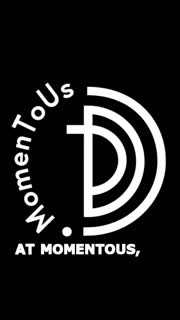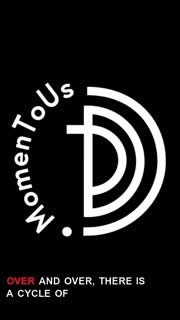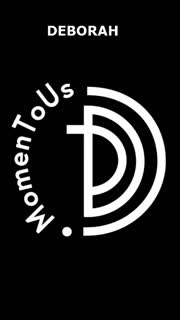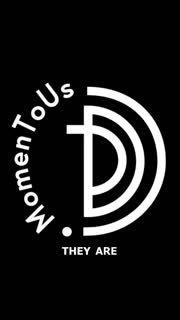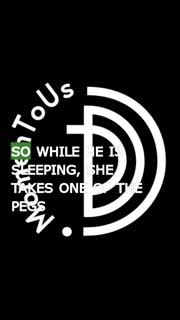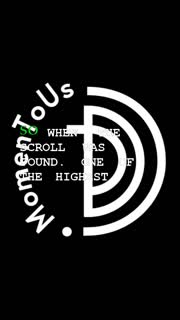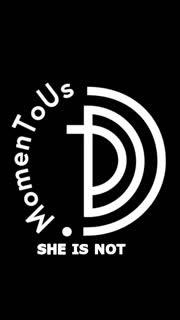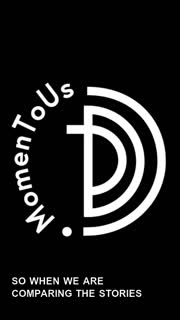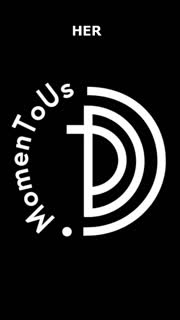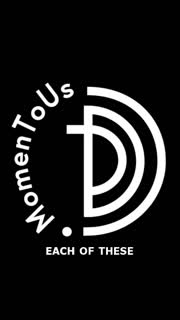Empowered Women: Leadership and Legacy in the Bible
Devotional
Sermon Summary
Bible Study Guide
Sermon Clips
1. "At Momentous, we believe that God is present with us in each and every single one of our moments. We believe that our stories are connected to God's story and to one another's stories. We believe that this connection and relationship changes our lives and our entire world." [00:10] (22 seconds)
2. "Over and over, there is a cycle of reconciliation and forgiveness between God and God's people. But after that, like brief little clause of a sentence, we learn that God's people are now governed by the Canaanites or ruled over by the Canaanites. And these were this was one of the tribes that had resided in the land that God had promised them when they arrived there under Joshua several years before." [06:20] (35 seconds)
3. "Deborah is the only female judge recorded in scripture. And Yael is an unexpected warrior and hero. And Huldah as a female prophet within the temple. And all of their stories, when they're added together, only make up a really, really, really small portion of the story of God's people. But yet their stories are included. Because without them, the story of how God acted in the world and was present with God's people would look different." [23:27] (35 seconds)
4. "They are reminders that even if their stories take up less space on the printed page than their male contemporaries, God will call and act through anyone regardless of their gender. And entirely because God has given them the gifts that are needed to lead in that particular moment." [24:10] (20 seconds)
5. "So while he is sleeping, she takes one of the pegs of the tent and drives that through his head so far that it was then going into the ground on the other side and kills him. So then Barak arrives trying to pursue Sisera and Yael meets him outside the tent. So she then leads him into the tent to show him Sisera's body." [11:52] (36 seconds)
6. "So when the scroll was found. One of the highest ranking royal scribes were like just completely unable to decipher its meaning or to determine that it was, in fact, scripture. So they bring the scripture, the scroll. They bring the scroll to Huldah, who was a female prophet in the temple to see if she can interpret what in the world this is." [18:28] (33 seconds)
7. "She is not the prophet that is chosen after all of the other prophets. She is the first prophet that is approached. So because of that interpretation can like. Barely easily lend itself to the practice that like having female prophets was pretty commonplace at that point. Like so much so that they didn't need to have this long and special introduction or explanation about why she is even here in the first place." [19:20] (34 seconds)
8. "So when we are comparing the stories of Huldah as they are recorded in both Second King and Second Chronicles, I don't think we need to like just chuck out the differences and completely ignore them. But I do think, at least for this particular podcast series, we don't have to allow them to break the story for us. Because both of the stories tell us about Huldah being a prophet, and Huldah being a woman." [21:43] (32 seconds)
9. "Her title and her position within the story of God's people is due to how God spoke through her to interpret scripture to ensure the faithfulness of King Josiah and therefore all of God's people." [23:27] (16 seconds)
10. "Each of these women show up in the story of God's people in surprising ways. Deborah is the only female judge recorded in scripture. And Yael is an unexpected warrior and hero. And Huldah as a female prophet within the temple. And all of their stories, when they're added together, only make up a really, really, really small portion of the story of God's people. But yet their stories are included." [23:27] (35 seconds)
Ask a question about this sermon
2. "Over and over, there is a cycle of reconciliation and forgiveness between God and God's people. But after that, like brief little clause of a sentence, we learn that God's people are now governed by the Canaanites or ruled over by the Canaanites. And these were this was one of the tribes that had resided in the land that God had promised them when they arrived there under Joshua several years before." [06:20] (35 seconds)
3. "Deborah is the only female judge recorded in scripture. And Yael is an unexpected warrior and hero. And Huldah as a female prophet within the temple. And all of their stories, when they're added together, only make up a really, really, really small portion of the story of God's people. But yet their stories are included. Because without them, the story of how God acted in the world and was present with God's people would look different." [23:27] (35 seconds)
4. "They are reminders that even if their stories take up less space on the printed page than their male contemporaries, God will call and act through anyone regardless of their gender. And entirely because God has given them the gifts that are needed to lead in that particular moment." [24:10] (20 seconds)
5. "So while he is sleeping, she takes one of the pegs of the tent and drives that through his head so far that it was then going into the ground on the other side and kills him. So then Barak arrives trying to pursue Sisera and Yael meets him outside the tent. So she then leads him into the tent to show him Sisera's body." [11:52] (36 seconds)
6. "So when the scroll was found. One of the highest ranking royal scribes were like just completely unable to decipher its meaning or to determine that it was, in fact, scripture. So they bring the scripture, the scroll. They bring the scroll to Huldah, who was a female prophet in the temple to see if she can interpret what in the world this is." [18:28] (33 seconds)
7. "She is not the prophet that is chosen after all of the other prophets. She is the first prophet that is approached. So because of that interpretation can like. Barely easily lend itself to the practice that like having female prophets was pretty commonplace at that point. Like so much so that they didn't need to have this long and special introduction or explanation about why she is even here in the first place." [19:20] (34 seconds)
8. "So when we are comparing the stories of Huldah as they are recorded in both Second King and Second Chronicles, I don't think we need to like just chuck out the differences and completely ignore them. But I do think, at least for this particular podcast series, we don't have to allow them to break the story for us. Because both of the stories tell us about Huldah being a prophet, and Huldah being a woman." [21:43] (32 seconds)
9. "Her title and her position within the story of God's people is due to how God spoke through her to interpret scripture to ensure the faithfulness of King Josiah and therefore all of God's people." [23:27] (16 seconds)
10. "Each of these women show up in the story of God's people in surprising ways. Deborah is the only female judge recorded in scripture. And Yael is an unexpected warrior and hero. And Huldah as a female prophet within the temple. And all of their stories, when they're added together, only make up a really, really, really small portion of the story of God's people. But yet their stories are included." [23:27] (35 seconds)
